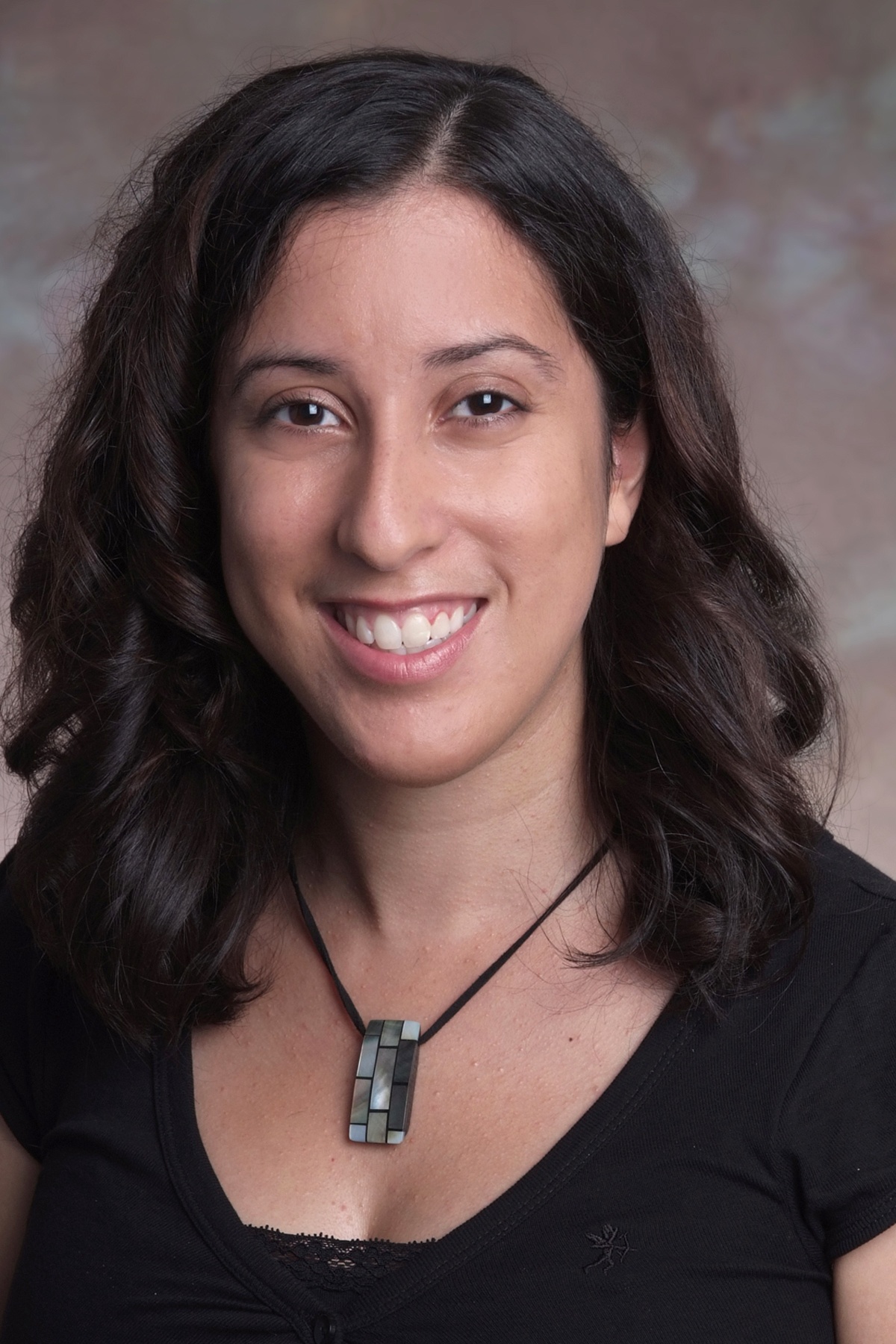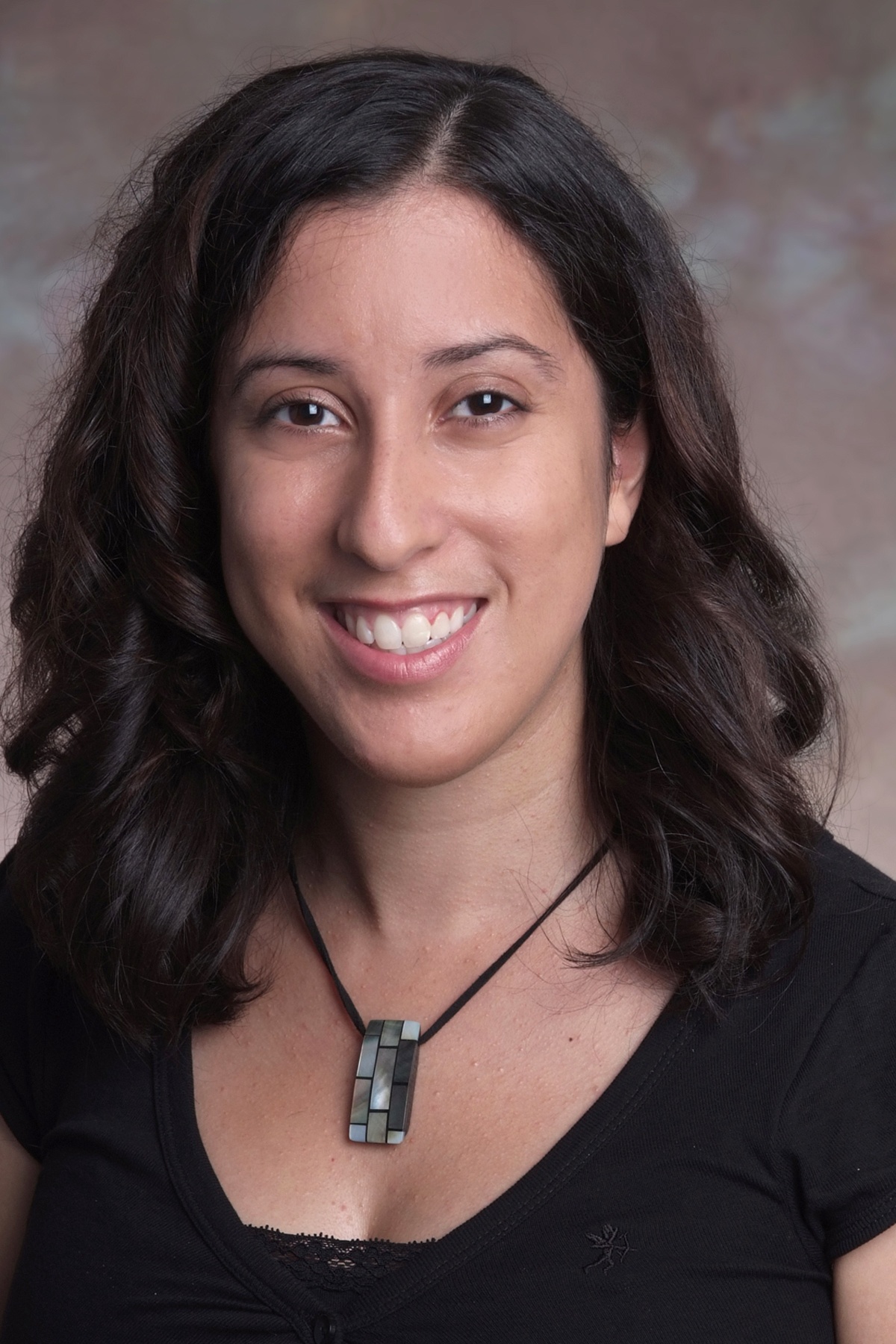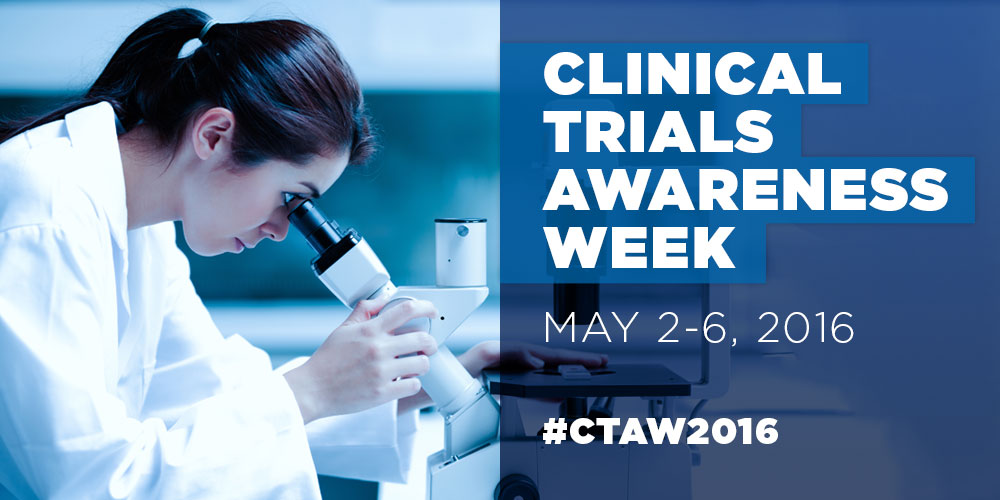Clinical Trials Q&A: A patient’s perspective
As we celebrate Clinical Trials Awareness Week, we spoke with Nina Martinez, who has participated in a clinical trial.

Clinical Trials Q&A: A patient’s perspective.
As we celebrate Clinical Trials Awareness Week, we spoke with Nina Martinez, who has participated in a clinical trial.

Clinical Trials Q&A: A patient’s perspective.
 Conversations and healthy debate about issues facing our industry and the health care system are critical to addressing some of today’s challenges and opportunities. The Catalyst welcomes guest discussions, including patients, stakeholders, innovators and others, to share their perspectives and point of view. Views represented here may not be those of PhRMA, though they are no less key to a healthy dialogue on issues in health care today. As we celebrate Clinical Trials Awareness Week, we spoke with Nina Martinez, who has participated in a clinical trial.
Conversations and healthy debate about issues facing our industry and the health care system are critical to addressing some of today’s challenges and opportunities. The Catalyst welcomes guest discussions, including patients, stakeholders, innovators and others, to share their perspectives and point of view. Views represented here may not be those of PhRMA, though they are no less key to a healthy dialogue on issues in health care today. As we celebrate Clinical Trials Awareness Week, we spoke with Nina Martinez, who has participated in a clinical trial.
Nina Martinez was diagnosed with HIV in 1991, after receiving tainted blood through a transfusion as a baby. More than two decades later, she’s a healthy, happy adult. She credits the development of HIV medications to treat children in the late 1980s and early 1990s with her survival. In college, she began volunteering for clinical research to give back to the science that helped save her life and has become a fervent advocate for clinical trial participation. Nina and other health care leaders will participate in a Twitter chat tomorrow from noon-1 p.m. ET on the importance of clinical trials. Use #CTAW2016 to engage.
JOCELYN ULRICH: As a patient, why did you decide to participate in a clinical trial?
NINA MARTINEZ: A few months ago, I completed a one year clinical trial, my first. What made participation appealing to me was that I received information from a clinical research nurse I was already familiar with; she coordinates observational studies I participate in. Clinical trials generally do not accept patients with several medical conditions, but the nurse had a conversation with the principal investigator about my case, and found my other conditions were not disqualifying. She told me about the conversation she had and put me in touch with the study team. If not for her advocacy and initiative, I would not have known about the trial. I was looking for another form of treatment, and it helped immensely that the trial was being performed in the same clinical site as my other studies.
JOCELYN ULRICH: What do you think is the biggest misperception about clinical trials that needs correcting?
NINA MARTINEZ: I cringe every time I hear the words "guinea pig" associated with the clinical trial process. The principles of respect for persons, beneficence and justice apply to all research involving human subjects. Part of respect for persons is the concept of informed consent. Informed consent means the patient has a conversation with a member of the clinical trial’s team to talk about what the study is, risks and benefits of participating in the trial, and other information that would lead to a participation decision that is informed and voluntary (guinea pigs don’t get that). This conversation also allows the patient to repeat back his or her understanding of the clinical trial to the staff member so that everyone is clear that the informed and voluntary decision to participate in a clinical trial is done with full understanding of the clinical trial by the patient.
JOCELYN ULRICH: What would you say to other patients considering clinical trial participation?
NINA MARTINEZ: If a clinical trial interests you, have the discussion with your health care professional. You cannot know what you do not know without starting the conversation - unless, of course, they start one with you first! In the latter case, continue the conversation through all parts of the process, from first contact, pre-screening, clinical screening, enrollment and throughout your time in the study. Participation is your choice, so make sure to voice concerns whenever you have them.
To learn more, visit PhRMA’s clinical trials resource page.
